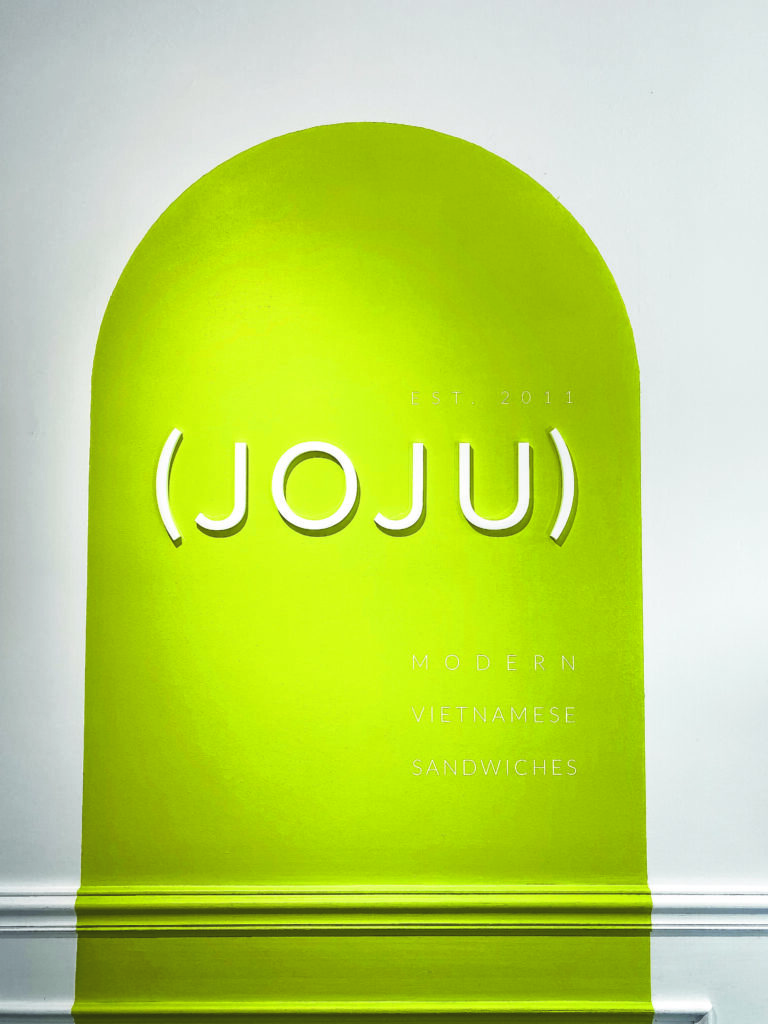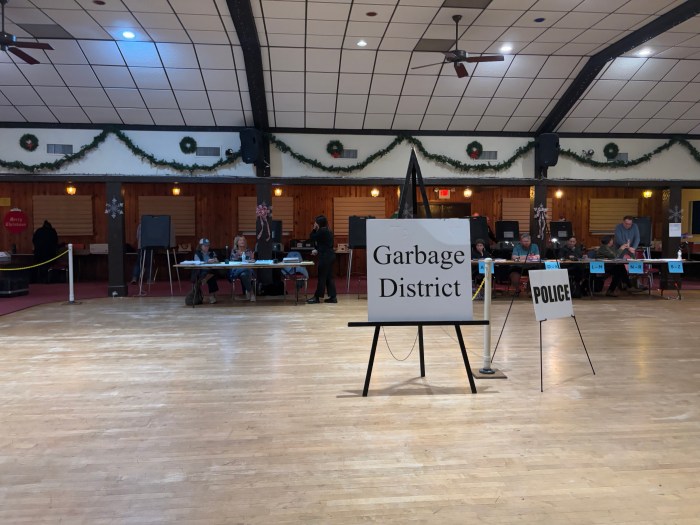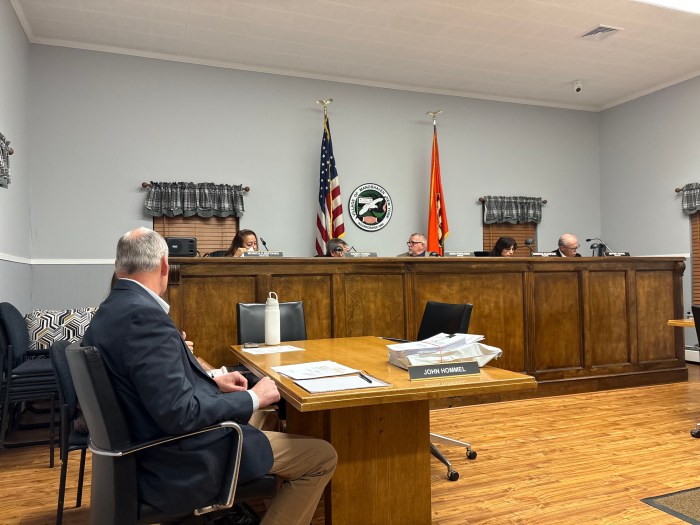By Hannah Devlin
JoJu, a modern Vietnamese fast-casual restaurant, held its grand opening on June 18. The chain originally opened in Elmhurst, Queens, and after eight years it opened another location in Midtown, Manhattan. Now, after 11 years, JoJu introduced its third location in Port Washington.
The restaurant serves traditional Vietnamese dishes with a modern twist. Some of these additional flavors include other Asian elements, mixing Vietnamese, Korean and Japanese cuisine. Alongside these Asian influences, however, there are other flavors, like JoJu’s sweet caramel sauce. Although these tastes are not included in traditional Vietnamese recipes, they come together to create a delicious dish.
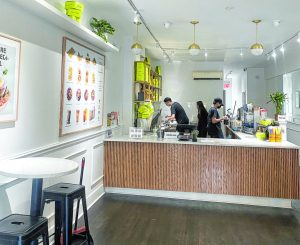
Originating in Queens, a cultural melting pot, JoJu has experienced the merging of cultures first hand. For example, JoJu’s spicy green sauce was inspired by many of the locals in the area.
“A lot of places don’t usually have a spicy green sauce. We started that 10 years ago, and that was inspired directly from the locals in Queens, and it’s based off of a Peruvian aji verde sauce,” said Julie Wong, the chief operating officer (COO) and co-founder of JoJu.
This influence on the menu serves as just another example of JoJu’s eagerness to adapt their menu to new influences and tastes.
“Our menu is very broad and there is something for everyone. If you’re looking for something more traditional or something more unique, it’s there for you,” said Wong.
JoJu’s willingness to take risks and try new things has served them well, as they have created up-and-coming food trends. For example, the restaurant was the first to incorporate fried egg in banh mi sandwiches and use its runny yolk as a sauce. Although this is a popular dish now, JoJu’s innovation is what led to its creation.
Some of the most popular items on the menu, like the Bulgogi “Bomb Me” Sandwhich and the Kimchi Fries, reflect this daringness to try new flavors.
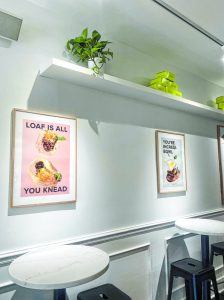
posters showing off the yummy food offered.
This willingness is part of what has led to the restaurant’s success. JoJu has been able to make a name for itself through its unique and distinctive menu. For example, in the three years prior to the COVID-19 pandemic, JoJu had a stand at the US Open, serving its patrons with its delicious banh mi sandwiches.
After this success in the Elmhurst and Midtown locations, Wong decided to branch out farther on Long Island.
“A lot of our customers from Elhurst or Queens moved out to Long Island and were telling us ‘you have to come here!’” said Wong.
In addition to catering towards their audience, JoJu’s team chose Port Washington in hopes to fill a culinary gap. The restaurant serves a new kind of cuisine that has been lacking in the area. With its introduction on Main Street, JoJu will bring recognition to Vietnamese culture while providing residents with more diverse dining options.
In addition to addressing the gap in Port Washington dining, JoJu aims to contribute to the town’s welcoming and cozy appearance.
After being in Elmhurst for 11 years, JoJu has been able to witness their impact on the community firsthand.
“At first when you open up, you ask ‘do we fit in here?’ And after just a few customers come in and chat with us we realize that we do belong here and that they love JoJu,” said Wong. “It’s almost like a long-lost friend or a return to your family, and it’s nice to see them after all the years we’ve been open.”
Although customers come and go from JoJu’s locations, there is a remembrance between the customer and establishment. JoJu and its patrons develop a strong relationship, and the staff recognizes their loyal and returning customers.
While opening a new location in Port Washington, Wong wanted to pay homage to the previous two JoJu locations. For example, “The Ten Commandments of JoJu” are written on the walls, a detail that was introduced in the Elmhurst location. These include sayings such as “thou shalt not forget the runny egg on the banh mi,” and “thou shalt remember ‘sharing is caring’ does not apply at JoJu.” Including these commandments is one way that Wong hoped to incorporate JoJu’s first location in Port Washington.
Another example of this is the “Darling darling stand banh mi” sign that hangs in the entryway, a detail that is present in the Midtown location. With these two decor items, the Port Washington location serves as a blend of the past two locations.
Although this is JoJu’s third location, Wong travels between the three locations on a daily basis.
“We have goals everyday for our quality to be at the top,” said Wong.
JoJu’s staff is extremely dedicated to providing quality food that exceeds its customers’ expectations. With this dedication, and the menu’s delicious uniqueness, there is no doubt that the introduction of modern Vietnamese food will thrive in Port Washington.



